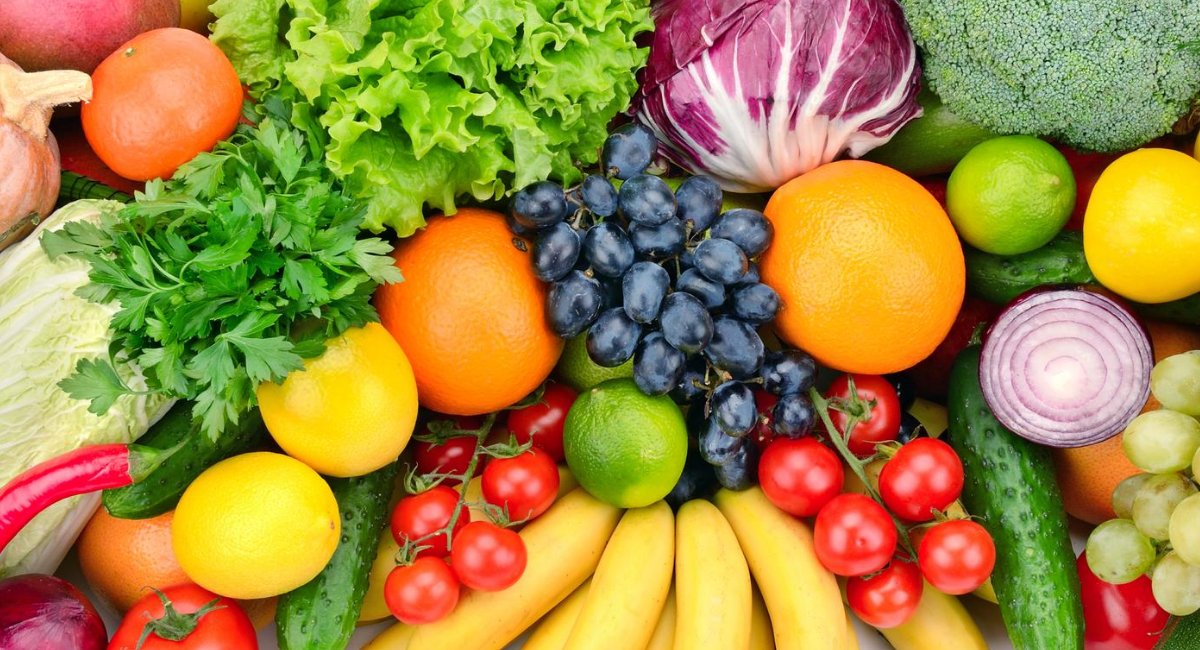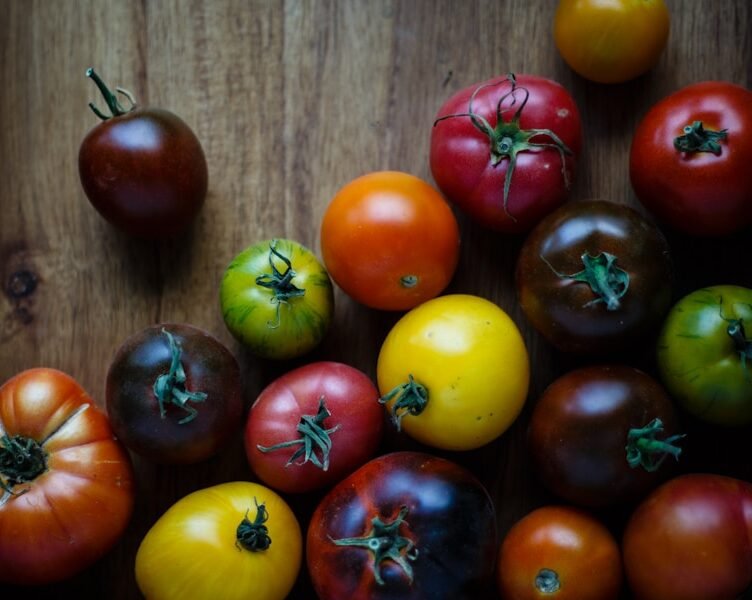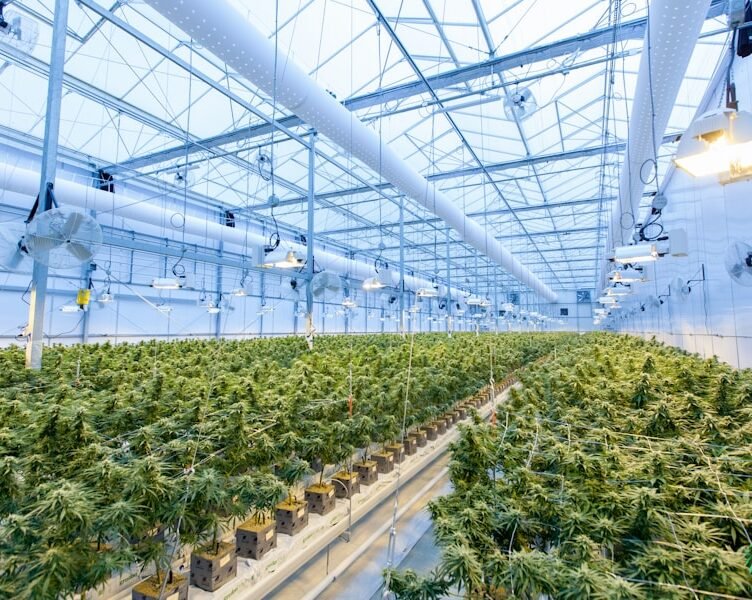Benefits on Indoor Fruits Plants. | Things to Consider if you are Thinking of growing your own Indoor Plants.
If you are looking for ways to add fresh fruit to your diet, indoor fruit plants are a great option. Not only are they convenient, but indoor fruit plants also offer a number of benefits.
One of the biggest benefits of indoor fruit plants is that they are convenient. With just a few plants, you can have a continuous source of fresh fruit right inside your home. This can be a great way to add fresh fruit to your diet, especially if you don’t have a lot of time to grocery shop.
Indoor fruit plants can also offer some health benefits. For example, many types of indoor fruit plants are high in antioxidants, which can help protect your body against disease. Indoor fruit plants can also be a good source of vitamins and minerals.
Indoor fruit plants can also be beneficial for the environment. Unlike grocery store-bought fruit, indoor fruit plants do not require transportation, which can result in significant greenhouse gas emissions. Indoor fruit plants can also help reduce your waste footprint, as you can eat the fruit right from the plant instead of throwing it away.
There are many fruit plants that can be successfully grown indoors. When growing fruit plants indoors, you will need to provide them with plenty of water and sunlight. You may also need to use a grow light to provide them with additional light. Additionally, you will need to fertilize the plant before planting it.
Since these plants require loads of water and sunlight, you will also have to make sure that your water reservoir(s) is always full. You should also make sure that your plant is thoroughly watered at least every other day (preferably during the growing season) so that you do not accidentally over-water your plant.
If your plant needs fertilization, you should make sure it gets enough nutrients from its natural food sources before introducing it into its artificial food source(s). This means watering an indoor fruit plant once a week or every other week and applying fertilizer regularly (preferably in the evening).

Some of the Best Fruit Plants for Indoor Growing
The fruits of the citrus tree (including oranges, limes, and lemons) aren’t just delicious; they are highly nutritious. Oranges, lemons, and limes grow well indoors in a variety of climates. You can grow them at home, or in a garden. You will need to provide them with plenty of water and sunlight. They can also be grown in the greenhouse or a window box. But you will need to provide them with fertilizers such as fish emulsion or animal manure.
As it turns out, there are many different varieties of fruit plants that can be successfully grown indoors. Those that are suitable for indoor growing include apple trees (both sweet and sour), apricot trees (both sweet and sour), avocados (both sweet and sour), banana plants (both sweet and sour), cantaloupes, cherries, figs, grapes (both sweet and sour), kiwis (sweet and sour), peaches (sweet or sour), plums, raspberries, strawberries, watermelons (fresh or canned), blueberries – as well as many others!
Growing Fruit Plants Indoors
Before you can grow fruit indoors, you will need to know what fruit plants are suitable for growing indoors. If you’ve ever had a fruit tree or other plant suffer from stress, such as damage caused by strong winds or frost, then it may be that there is a problem with your plant.
In addition to knowing the species of plant involved, there are certain types of fruit plants that can be grown indoors. Fruit trees and shrubs such as apple, pear and cherry are examples of plants that can be grown indoors. In addition to this, you should also know the growing conditions needed for each species of plant. For example, different parts of the world have different climate zones; this means you will need to take care to find out which plants are suitable for a particular climate zone in order for your fruit trees and shrubs to succeed in your garden.
In addition to this knowledge, there are various aspects of growing fruit plants indoors that will need consideration when looking at which species would be ideal for growing in your garden or place of residence:
– A number of different types and varieties of fruit trees and shrubs are suitable for growing in your home; each type has its own specific requirements (e.g., light levels)
– It is important that the type chosen is appropriate for your climate zone (e.g., too cool or too cold); if not happy with the results you might want to change the type
– You should consider how much shade (and potentially direct sunlight) your plant needs (you may not want a full sun plant in a shaded area). If this is important, then look at buying one with an additional shade cover
– The humidity level required by each species varies from one location to another; some fruits require constant high humidity while others don’t require it at all
– The temperature range required by each species varies from one location to another; some fruits require very cool temperatures while others do not require them at all One point worth mentioning here: choosing the right variety depends on knowing which aspect(s) is/are important – e.g., light conditions etc. For example, apple varieties like “Gold Nugget” will be better suited for cooler climates than “Golden Delicious” varieties because they produce more apples when planted at cooler temperatures than warmer climates where they do not produce as much during summer months.
Water
t is important to water your indoor fruit plants. Watering is a crucial part of growing fruit plants, even if you can grow them outdoors. However, watering them too often will lead to diseases and pests in the plants. Lastly, you need to fertilize indoor fruit plants with a good source of fertilizer.
Sunlight
Fruit plants grow well in many parts of the world. In tropical regions, they are grown in areas with sun and rain. In temperate regions, they are grown in shady areas with little or no rainfall. However, most tropical fruit plants require a lot of water and sunlight to grow successfully. So, you need to make sure that the area where you have planted your fruit plant is well-ventilated for maximum growth and production.
Grow Lights
Fruit plants can be grown indoors, but they require sunlight. A grow light is used to provide more sunlight to them so that they are able to grow.
Grow lights are also used for other purposes, including:
- – refrigeration (this is useful for both fruit plants and vegetables)
- – electronic devices (this is useful for electronics)
- – light emitting diode (LED) bulbs (this is useful for lighting and computers)
The difference between a grow light and a regular bulb is that the grow light heats the plant at different rates depending on what the lights are feeding it. This allows them to control how much heat the plant will absorb from the light source. It also allows you to control how much heat it will emit from itself. In other words, you can use a regular bulb when your plants need additional sunlight, but not when they need additional heat — which means you can place them in different positions relative to one another in your home or workplace.
Fertilizing Your Plants
Growing fruit plants indoors is a very rewarding experience. However, it requires a lot of work.
In this post we’ll look at some tips on how to grow fruit indoors. For details on the different types of fruit, see our list of fruits and vegetables.
Growing fruit indoors will require a lot of time, effort, and resources to make it happen. This is because you need to be diligent in your efforts to grow healthy and delicious produce. You will also have to pay attention to your plants and make sure that they are getting enough water and sunlight.
Fruit growing can be an easy hobby, but if you are serious about it, you should consider embarking on this hobby in your own home or office eventually. You will need a place where you can safely keep your plants for long periods of time without having them get damaged by the elements or being pestered by unwanted visitors. In addition to that, you will need equipment for growing the plants such as fluorescent lights for growing strawberries and cucumbers as well as soil mixers for growing peppers and tomatoes as well as watering cans for watering the plants during their flowering periods (which can take up to five months). Fertilizers are also necessary for fruits like cherries which require high levels of nitrogen in order to thrive well inside their paper bags once they have been harvested.
Things to consider to grow indoor fruit plants
Summary Re-cap
There are several things you need to consider before you begin growing a fruit tree indoors. One of the most important things to consider is the amount of space you have available. Most fruit trees grow quite large, so you need to have enough room to accommodate their size.
Another thing to consider is the climate. Most fruit trees require a lot of sunlight and warm temperatures. If you live in a climate that is too cold or doesn’t get enough sunlight, then you will need to grow your fruit tree in a greenhouse or sunroom.
Finally, you need to make sure that you have the right soil and fertilizers. Most fruit trees require a soil that is high in nitrogen and potassium. You can buy a soil mix specifically designed for fruit trees, or you can add fertilizer to your regular soil.
Some benefits of indoor fruit plants include:
-Having a fresh fruit plant inside the home provides a constant source of fresh fruit.
-Indoor fruit plants are small in size and can be easily cared for.
-There are many types of indoor fruit plants to choose from.
-Indoor fruit plants are a great way to teach children about gardening and the benefits of fresh fruits.
When caring for indoor fruit plants, it is important to keep the following in mind:
-Indoor fruit plants need plenty of sunlight.
-Indoor fruit plants need to be watered regularly.
-Indoor fruit plants need a balanced diet of water and fertilizer.
FAQs
Conclusions:
Fruits are one of the main products that are grown indoors. When growing certain kinds of fruit, you will need to make sure to provide them with enough water and sunlight.If you are interested in growing a fruit plant indoors, there are a few things you will need to keep in mind as discussed above. First, you will need to choose a plant that is suitable for growing indoors. Second, you will need to provide the plant with the right growing conditions. Third, you will need to fertilize the plant regularly. Finally, you will need to keep an eye on the plant for pests and diseases.






